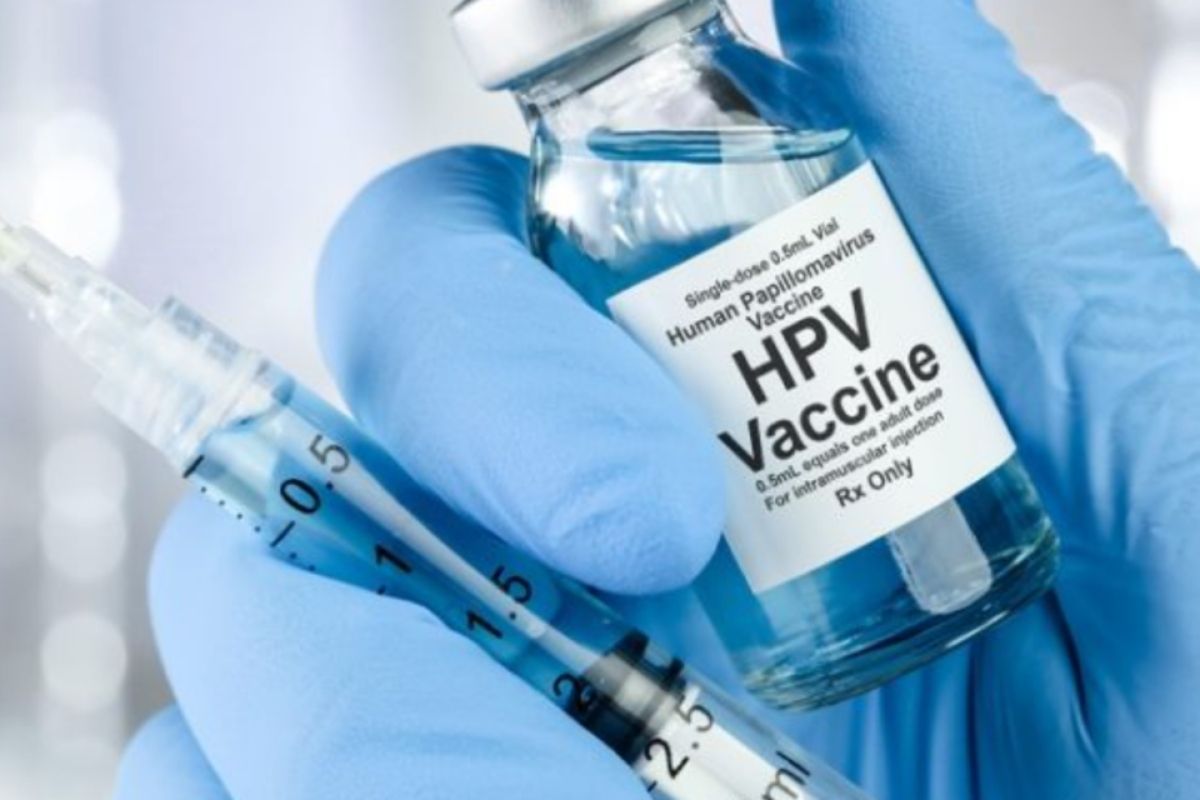In a historic move to eliminate cervical cancer, the World Health Organization (WHO) has approved the single-dose use of the human papillomavirus (HPV) vaccine ‘Secolin.’ New data showing the vaccine’s efficacy in a single-dose regimen made this the fourth HPV vaccine to receive WHO prequalification possible.
“Unlike most cancers, we can eliminate cervical cancer and its inequities. By adding another option to the single-dose HPV vaccination, we have taken a historic step towards ending cervical cancer,” said Dr. Tedros.
Cervical cancer is largely preventable, yet HPV causes more than 95% of the 660,000 cases diagnosed annually worldwide. Tragically, a woman dies from cervical cancer every two minutes, with 90% of those deaths in low- and middle-income countries. Of the 20 hardest-hit countries, 19 are in Africa.
The Secolin vaccine introduction is critical when global HPV vaccine supplies have been limited due to production shortages since 2018. Earlier this year, additional production challenges exacerbated these shortages, putting millions of girls in Africa and Asia at risk of missing the life-saving vaccine.
Dr. Kate O’Brien, Director of the Department of Immunisation, Vaccines, and Biologicals at WHO, emphasized the importance of this new option: “Given the persistent supply challenges, a single-dose vaccine means countries will have more options to vaccinate more girls.”
WHO aims for 90% HPV vaccination
WHO’s first goal in its global cervical cancer elimination strategy is to ensure that 90% of girls are fully vaccinated with the HPV vaccine by age 15. A single-dose regimen will greatly accelerate progress.
The new WHO technical document on HPV vaccine choices includes the single-dose use of Secolin, reflecting a trend in HPV vaccines initially approved for two doses now being recommended for single-dose administration. Data from July 2024 show that single-dose HPV vaccine coverage among girls aged 9 to 14 increased from 20% in 2022 to 27% in 2023. By September 2024, 57 countries had adopted a single-dose schedule, up from 37 the previous year.
WHO estimates that the shift to a single-dose schedule will allow at least 6 million more girls to be vaccinated in 2023.
$600 million committed for HPV fight
Earlier this year, a global funding commitment of nearly $600 million was secured to eliminate cervical cancer. This includes $180 million from the Bill and Melinda Gates Foundation, $10 million from UNICEF, and $400 million from the World Bank. Gavi, the global vaccine alliance, remains committed to increasing HPV vaccine introduction and coverage by 2030.
Separately, WHO prequalified a fifth HPV vaccine, Valrinvax, on August 2, 2024. Valrinvax is approved for a two-dose regimen, and further studies are needed to determine its suitability for a single-dose schedule. This addition will contribute to a sustainable supply of HPV vaccines, ensuring more girls worldwide are protected against cervical cancer.
Despite these developments, the WHO remains committed to eliminating cervical cancer, a preventable disease that continues to claim women’s lives, especially in the world’s poorest regions.
Support us to keep independent environmental journalism alive in India.
Follow Ground Report on X, Instagram and Facebook for environmental and underreported stories from the margins. Give us feedback on our email id greport2018@gmail.com.
Don’t forget to Subscribe to our weekly newsletter, Join our community on WhatsApp, Follow our Youtube Channel for video stories.
Keep Reading
Gujarat: 38 Animals, birds die at Statue of Unity complex in 2 years
18 billion animals sacrificed yearly without making it onto someone’s plate: Study
Living planet report: Global populations of wild animals declined 69% in 50 years






